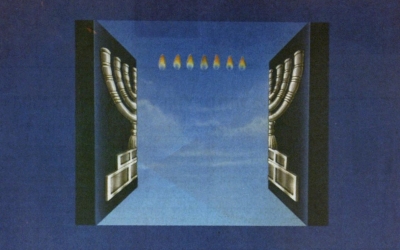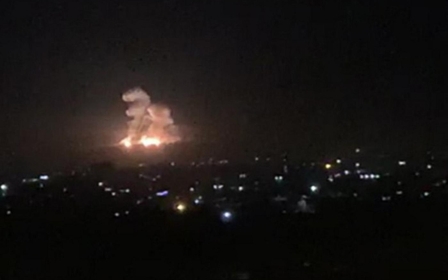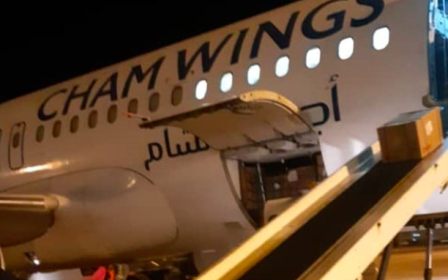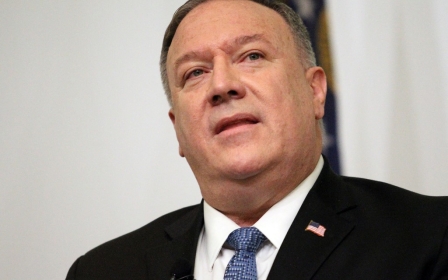Pompeo’s dinner with Mossad was about egos, not Syria strikes
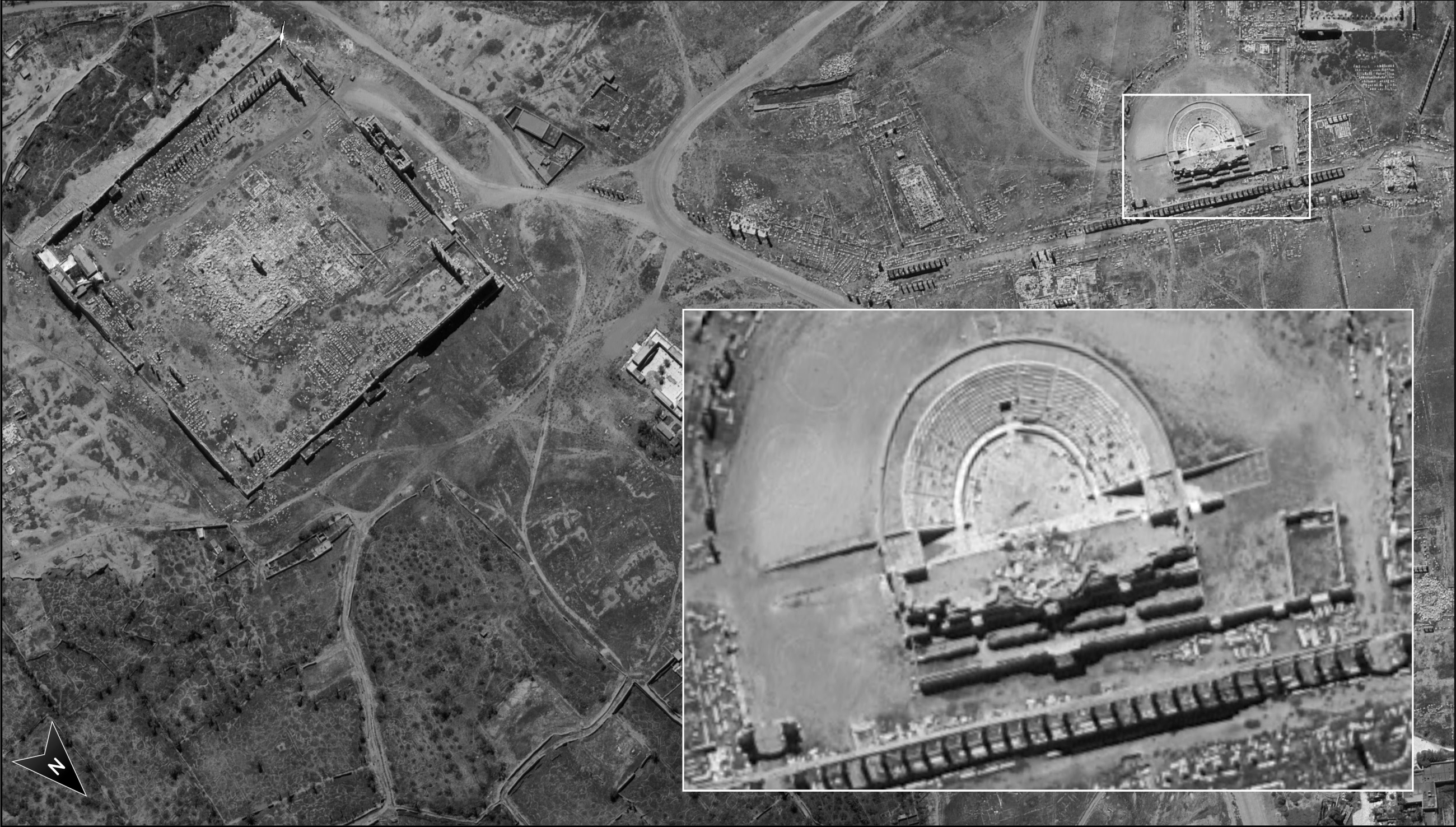
Last Monday evening, the outgoing head of Mossad, Yossi Cohen, met with US Secretary of State Mike Pompeo, who is also leaving office.
They met in the prestigious Italian restaurant Cafe Milano, in Washington’s upscale Georgetown neighbourhood. The dinner was spotted by Meredith McGraw, Politico’s White House correspondent, who tweeted about it.
Cohen has a reputation for arranging “accidental” meetings in front of cameras and journalists in order to enjoy the best of both worlds: to be seen in public while pretending he is in the shadows, as is expected of a member of the intelligence fraternity sworn to keep secrets.
A day after the meeting, the Israeli Air Force unleashed one of its most devastating raids in recent months, striking targets in eastern Syria, near the border with Iraq. It was originally reported that 23 people were killed, most of them members of pro-Iranian militia and commanders of Iran’s elite al-Quds Force. But later, the UK-based Syrian Observatory for Human Rights activist group, which monitors Syria’s conflict, said 57 people were killed.
Cohen has a reputation for arranging 'accidental' meetings in front of cameras and journalists in order to enjoy the best of both worlds: to be seen in public while pretending he is in the shadows
During the attack a few buildings were damaged. US intelligence sources claimed that they served as storage to hide sensitive equipment for Iran’s nuclear programme and components to improve missile accuracy that were intended to be shipped to Hezbollah in Lebanon.
New MEE newsletter: Jerusalem Dispatch
Sign up to get the latest insights and analysis on Israel-Palestine, alongside Turkey Unpacked and other MEE newsletters
It is most likely that the strikes were unrelated to the meeting in Washington. Such attacks are based on precise information and operational feasibility, which are supplied and executed by professional intelligence and military analysts by satellite imagery - not by the head of Mossad and a US cabinet minister in a restaurant.
The truth is that Cohen was in Washington to say farewell to CIA director Gina Haspel, who is replaced next week by William Barnes, a career diplomat nominated by US President-elect Joe Biden.
Nevertheless, both Cohen and Pompeo are ambitious and aspiring politicians. Some bravado and publicity portraying them as fierce opponents of Iran, while embarrassing the Biden transition, serve the purposes of both men’s ambitions.
Cohen hopes to be Israel’s next prime minister, if and when Benjamin Netanyahu retires or loses an election, though the chances for this are slim. Pompeo plans to run for a US Senate seat in his state of Kansas.
Confrontations to continue
But the cosy Cafe Milano catch-up isn’t alone at hinting at future developments. The subsequent air strikes, too, indicate ambition and intent.
Tuesday’s attack was the fourth of its kind in the last month, evidence of the intensified campaign by Israel to reduce the presence of Iran and its allies in Syria. Since 2013, Israel has launched thousands of strikes against Iran-linked military targets in Syria, but rarely acknowledges or discusses such operations.
Israeli security sources say Iran’s military presence in Syria in support of President Bashar al-Assad’s government has been reduced in the last two years due to a variety reasons: the winding down of the civil war, Russia’s deep involvement in Syrian political and military affairs, the Covid-19 pandemic and the continued Israeli air strikes, which have caused serious damage to Iranian and Hezbollah targets in Syria.
According to the Israeli security sources, Tuesday’s attack occurred against the backdrop of Iranian entrenchment on the Syria-Iraq border, and rising tensions in the region ahead of Biden taking office.
An Israeli intelligence estimate suggests Iran has had difficulties maintaining the deployment of its forces in the areas around Damascus, due to Israeli air strikes.
In response, it has moved its troops and equipment, such as missiles and drones, to the Syria-Iraq border, areas which are under total Iranian control and relatively far away from Israel.
The Iranian calculus is that the missiles can hit Israeli territory from their new sites in eastern Deir Ezzor province.
Israeli concerns are twofold. One is that after Biden takes office, Washington will lose interest in Iraq, and it will drift further into Iranian control.
Secondly, there is the possibility that the United States will re-enter the nuclear deal with Iran, and ease the sanctions imposed by President Donald Trump, alleviating Tehran’s economic pressure and giving it more room to manoeuvre.
Iran is also concerned as Biden enters the Oval Office. Tehran hopes that the new Democratic administration will lift most if not all the sanctions and return the US to square one - the 2015 nuclear deal - in a matter of weeks.
But Iran also knows that it won’t be an easy task. Biden is preoccupied with more pressing issues at home, such as the pandemic and the domestic economy. And in the international arena, China and Russia are more important priorities.
Iran, which awaits presidential elections in June 2021, faces the challenge of being divided between the hardliners and the moderates.
The moderates, led by President Hassan Rouhani, will settle for a compromise with Washington - a partial lifting of the sanctions - before the elections. To avoid giving the moderates a victory before polling day, the hardliners probably prefer to sabotage any talks with Washington and postpone them until after the elections.
Nevertheless, both wings understand that until then it is preferable to refrain from any violent operations against US interests, which would agitate the new administration. Yet there is a consensus in Iran that it has to avenge Mossad’s killing of their chief nuclear scientist Mohsen Fakhrizadeh and that it must not cave in to Israeli air superiority and abandon its military presence and deployment in Syria.
All in all, some sort of deal between Iran and the US is on the horizon. But as far as Israel and Iran are concerned, they are doomed to be involved in more of the same.
This article is available in French on Middle East Eye French edition.
Middle East Eye delivers independent and unrivalled coverage and analysis of the Middle East, North Africa and beyond. To learn more about republishing this content and the associated fees, please fill out this form. More about MEE can be found here.


